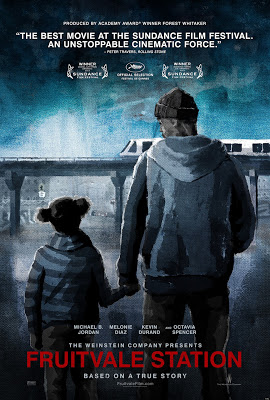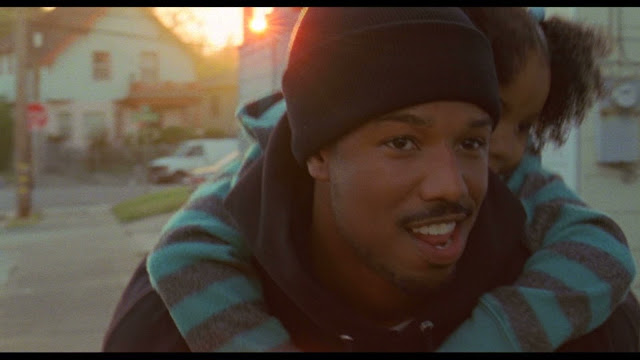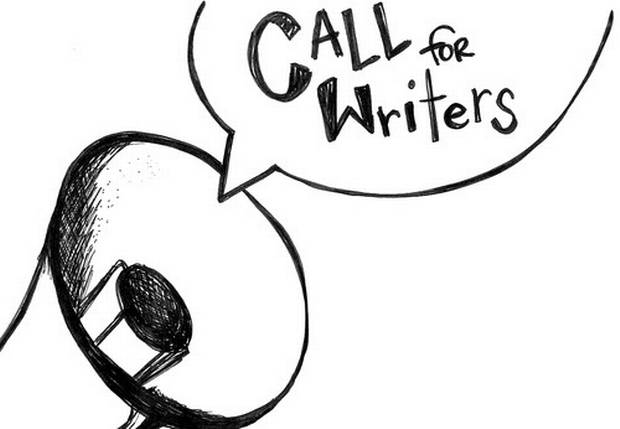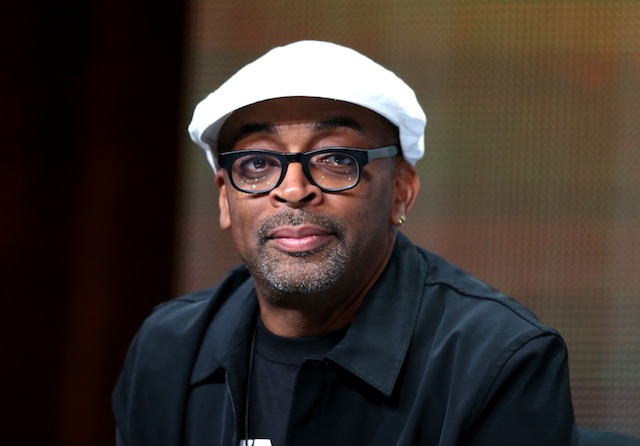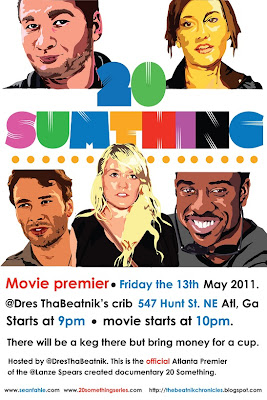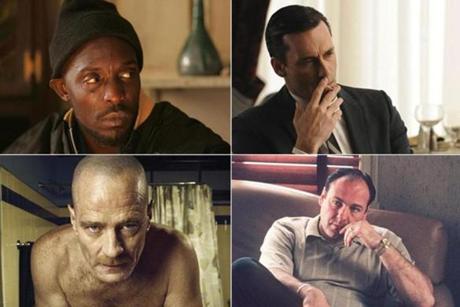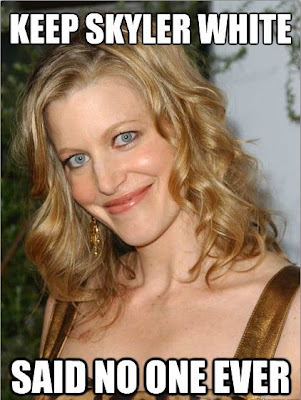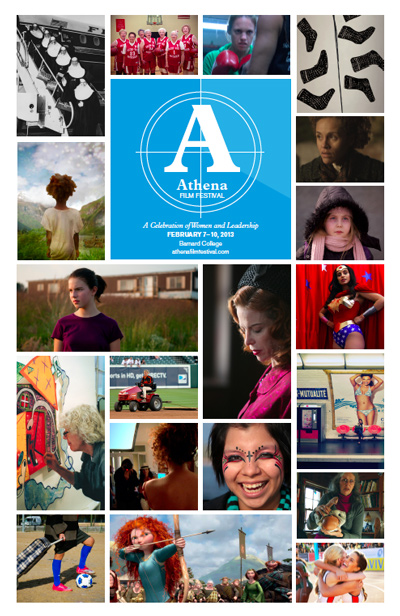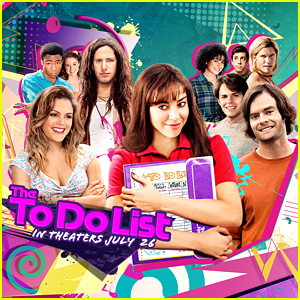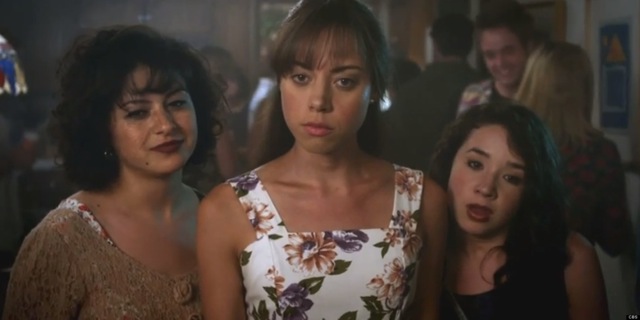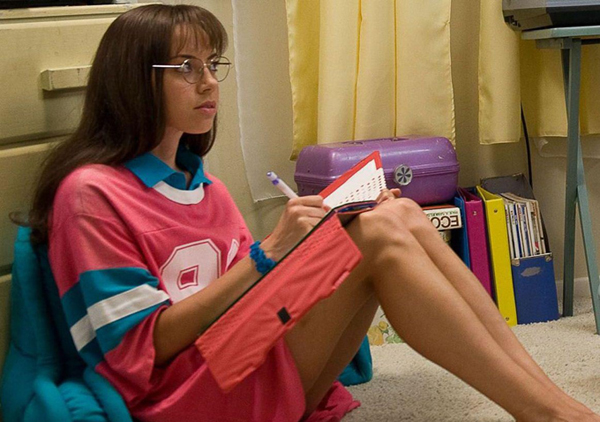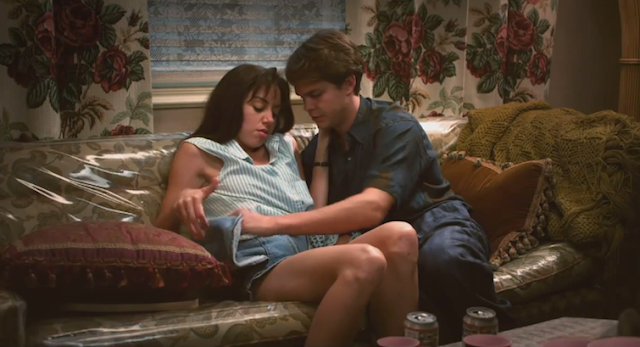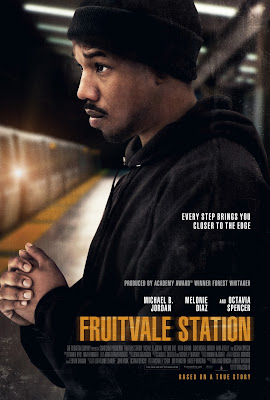 |
| Fruitvale Station movie poster. |
Written by Leigh Kolb
Fruitvale Station, unlike most feature films, is not told from and for the perspective of the white gaze. For white audiences, this is startling, uncomfortable and heartbreaking. It should be.
The film is a harrowing re-telling of the true story of Oscar Grant, who was killed by a police officer in the early morning hours of New Year’s Day 2009.
Oscar’s murder (the 22-year-old was unarmed) was in the national spotlight and incited protests, both peaceful and violent, surrounding the racial profiling and violence that perpetually victimizes black men.
A black man is killed by police or vigilantes
every 28 hours.
Fruitvale Station provides a snapshot into the last day of Oscar Grant’s life without turning him into a martyr or villain, but depicting him as an individual–imperfect yet deserving to live.
The film opens with real-life cellphone video footage of the arrest and shooting that was taken by a bystander. There’s screaming, there’s police brutality and there’s a shot. Audience members gasped. It was shocking. It should be. We are forced to look at reality.
However, the shock and terror that we feel at that scene is part of an American historical context that has perpetually reminded young black men, especially, but really all black people, that their lives are not only in danger from white supremacists, but also from those who are supposed to be protecting them.
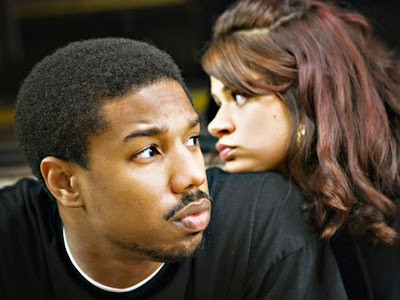 |
| Oscar Grant (Michael B. Jordan) and girlfriend Sophina (Melonie Diaz). |
While Oscar (Michael B. Jordan) is a man, his relationship with his mother (played by Octavia Spencer) is highlighted–in flashbacks when she visits him in prison, when she scolds him for talking on the phone while driving and when she pleads with him to take the train instead of drinking and driving when he and his girlfriend Sophina (Melonie Diaz) go out for New Year’s Eve. Emphasizing their relationship reminds viewers that Oscar’s age–22–is technically in adulthood, but he’s still growing and needing guidance (as most of us do in our early 20s). In a recent article for Jet, bell hooks, addressing Trayvon Martin’s death, explains:
“…black children in this country have never been safe. I think it’s really important that we remember the four little black girls killed in Birmingham and realize that’s where the type of white supremacist, terrorist assault began. That killing sent a message to black people that our children are not safe. I think we have to be careful not to act like this is some kind of new world that’s been created but that this is the world we already existed in.”
Oscar’s death was just another part of this world that hooks is talking about. The remarkable difference about his legacy is that it is now a feature film in more than 1,000 movie theaters across America (it was in the
top 10 in box office numbers in its opening weekend).
Fruitvale Station humanizes Oscar Grant and makes audiences look instead of look away.
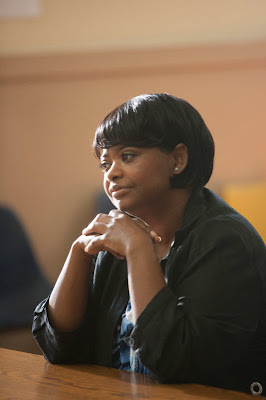 |
| Oscar’s mother (played by Octavia Spencer). |
“By the time the credits roll, Oscar Grant has become one of the rarest artifacts in American culture: a three-dimensional portrait of a young black male—a human being. Which raises the question: If Grant was a real person, what about all these other young black males rendered as cardboard cutouts by our merciless culture? What other humanity are we missing?”
In one (fictionalized) scene, Oscar is approached by a stray pit bull at a gas station. Oscar loves on him (there appears to be a marking around the dog’s neck that could signify he was used in fights, or chained up) and the dog goes on its way. A few minutes later, the dog is hit by a car, and the vehicle speeds away, leaving it in the street. Oscar runs and cradles the dog, calling for help, and moves him out of the street. No one comes. The dog dies. All Oscar can do is pull down his stocking cap and get in his car.
This scene was heart-wrenching, of course, but as viewers we can’t help but see this as foreshadowing, knowing what’s to come at the end of Oscar’s day. On a larger scale, the dog scene symbolizes what so often happens with these stories of young black men dying–there’s a hit, there’s a run, no one responds and no one is punished. As a white viewer, I understood that angle, because the driver in this allegory has usually been one of us. Even if we don’t perpetuate violence, we continuously look away from the violent reality of being black in America, which is directly borne from a long history that is often belittled or ignored.
“Oscar was always talking about getting a house and one of the reasons he wanted to get a house is because he’d have a backyard for the first time and he could own a dog… And he wanted a pit bull. That was the kind of dog that he likes … it’s interesting because when you hear about pit bulls in the media, what do you hear about? When you hear about them in the media, you hear about them doing horrible things. You never hear about a pit bull doing anything good in the media. And they have a stigma to them … and, in many ways, pit bulls are like young African-American males. Whenever you see us in the news, it’s for getting shot and killed or shooting and killing somebody — for being a stereotype. And that’s what you see for African-Americans in the media and the news.…So, there’s a commonality with us and pit bulls — often we die in the street. Do you know what I mean? That’s where we die.”
Peeling back the layers of this scene even further–beyond a white audience member’s reaction into the director’s thoughts and Oscar’s aspirations–reveals even more depth to what is at the core of Fruitvale Station: Oscar Grant’s humanity and how it fits into the woven-together history of what it means to be a young black man in America.
 |
| There is a focus on Oscar’s relationship with his daughter, Tatiana (Ariana Neal). |
The police officer who shot Oscar was sentenced to two years in prison, and served less than one. Just a few years later, in Florida, George Zimmerman was found not guilty in Trayvon Martin’s death. In the aftermath of that verdict, the most common and pervasive displays of racism I saw were white people insisting that the case had nothing to do with race, or arguing that the media needed to shut up about the case. It was revealed that the jury never discussed race while deliberating.
While Grant’s and Martin’s deaths and their killers’ court cases weren’t the same (although they bring up both sides of the aforementioned police-brutality and vigilante-justice coin and
one critic noted that Fruitvale Station served as a eulogy to both young men), they both share the quality of being able to be ignored, dismissed or forgotten by white audiences. The dismissal of the disproportionate violence against (and mass incarceration of) young black men is our generation’s Jim Crow.
Next to discrimination and violence, looking away is one of the most racist things whites can do.
Fruitvale Station also quietly shows, through a young white woman named Katie, the ways in which whites can or should be allies.
Early in the film, Katie is shopping at the same fish counter as Oscar (who is buying crabs for his mother’s birthday dinner), and it’s clear that she has no idea what she’s doing. She wants to fry fish for her boyfriend, who loves Southern food, but she doesn’t know what she’s looking for or how to do it. When Oscar approaches her, she seems uncomfortable, and when he asks if her boyfriend is black (because of his food preferences) she laughs and says, “He’s white, but he knows a lot of black people I guess.” (Katie, at this point, is virtually playing “Problematic White Lady Bingo.”) “I don’t know what I’ve gotten myself into,” she laughs.
Oscar calls his Grandma Bonnie and puts her on the phone with Katie. Grandma Bonnie teaches her what she needs to know about frying fish.
While this scene is ostensibly about frying fish, it can be read as a lesson to white people in regard to race relations (stay with me here). At first, Katie feels uncomfortable. But after talking to someone who knows more than she does, she’s enlightened.
By the end of the film, Katie sees Oscar again on the train, beaming at him and calling him over to her. When he’s arrested and brutalized, she is enraged and doesn’t understand, but takes a video on her cell phone. She’s pushed back onto the train, and is taken away from the scene.
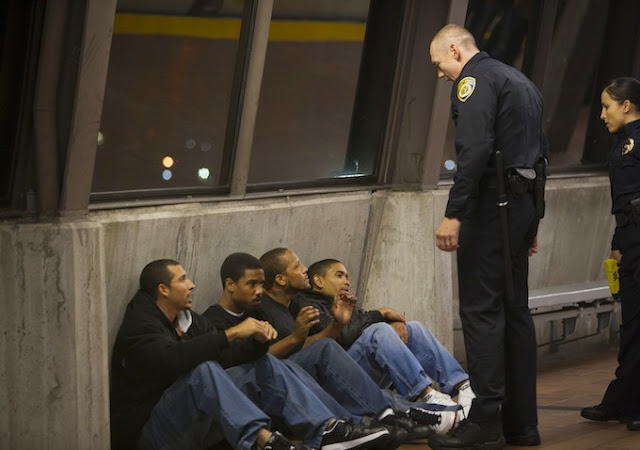 |
| The black men are profiled and taken off the train car (while the white man in the fight remains on the train), accused and arrested. Oscar is killed. |
This happens too. For white allies, when that veil is lifted, and we are in a place of truly listening and caring, we feel like Katie must have felt–enraged but separated. Protected, privileged and safe, but unable to take clear action against what we see around us.
But we need to keep trying. We need to listen more. We need to learn history and look hard at the world around us and figure out what we can do to help fix it. It might be having a conversation. It might be recording injustice. It might be teaching others what we learn and encouraging them to seek out authentic voices. But we need to listen first. More than anything, it needs to be not looking away.
The success of Fruitvale Station (before its box office success, it won awards at Cannes and Sundance) will hopefully usher in more films that challenge the white gaze. Because now, perhaps more than ever, American society is at a dangerous crossroads. Too many want to forget the past and move forward to a future where white hegemony is intact. This denial and erasure of what our society was built upon is the utmost form of racism and white privilege.
“Some problems we share as women, some we do not. You fear your children will grow up to join the patriarchy and testify against you, we fear our children will be dragged from a car and shot down in the street, and you will turn your backs upon the reasons they are dying.”
When I was crying at the end of the film, I wasn’t crying the same tears as the black woman behind me was. White allies can’t fully understand that fear and pain that Lorde speaks of, but we need to listen to those who can. We can only create a better and safer world for all of us and all of our children if we listen. After we listen, we can speak.
Fruitvale Station, in humanizing and presenting a three-dimensional young black man, is, remarkably, groundbreaking in 2013. We’ve kept our backs turned too long on stories like his. Films allow us to see the world differently, and that kind of media representation is desperately needed. So we need to ask, listen, watch and learn. We need to look.
Recommended reading:
“Why White People Don’t Like Black Movies,” by Andre Seewood at Shadow and Act; “Ally-phobia: On the Trayvon Martin Ruling, White Feminism, and the Worst of Best Intentions,” by Jessie-Lane Metz at The Toast; “Pop culture, white privilege and widening the lens,” by Ann Hornaday at the Washington Post; “‘Fruitvale Station’ Shows the Double-Edged Sword of Race in Film,” by Nijla Mu’min at Bitch Media; “1 Black Man Is Killed Every 28 Hours by Police or Vigilantes: America Is Perpetually at War with Its Own People,” by Adam Hudson at Alternet; “Black Men and Public Space,” by Brent Staples; “They’re Lying,” by Bitch Flicks’ Stephanie Rogers at Shakesville
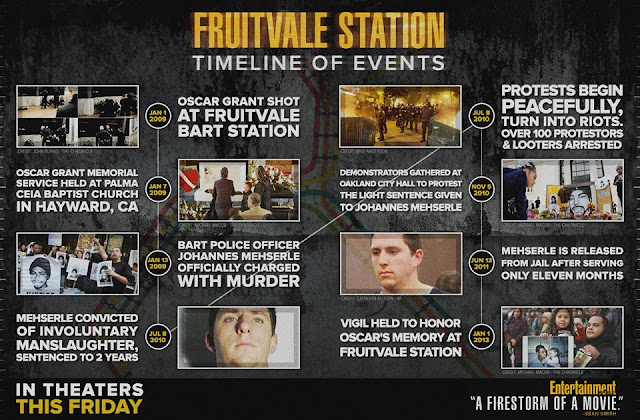 |
| Timeline of real events. |
Leigh Kolb is a composition, literature and journalism instructor at a community college in rural Missouri.







